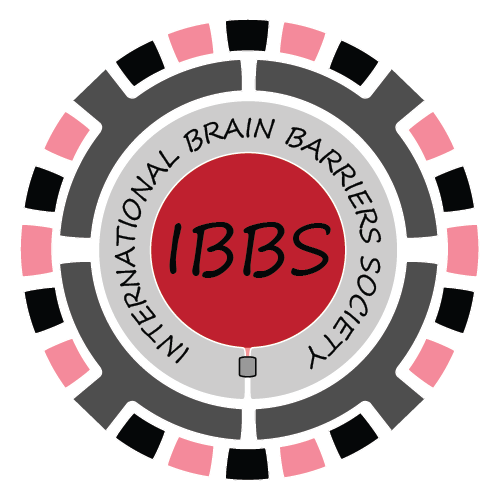We offer one PhD position about the uptake, transport and effects of extracellular vesicles (EVs) of prostate cancer on biological barriers, in particular on the blood-brain and the blood-saliva barrier.
Within the project the successful candidate will apply cutting edge cell culture models such as hiPSC and primary cell based BBB models and investigate the fate of EVs after entry of brain endothelial cells by microscopic techniques. The student will learn to comprehensively characterize the EVs (surface, content) and their changes after challenging the tumour cells with hypoxia or inflammatory stimuli. Several analytical platforms are available to analyse, e.g. DNA-methylation or miRNA-SEQ,. The effects on barriers will be analysed and described by state-of-the-art techniques (high-throughput qPCR for barrier relevant targets on the Fluidigm platform, etc.). Secondments are planned to evaluate the in vitro results in mouse models and to learn EV characterization techniques.
The PhD position is embedded in the Horizon 2020 MSCA European Training Network proEVLifeCycle, which in total is recruiting 10 early stage researchers for the PhD research projects available in its research training programme. The students will jointly clarify the lifecycle of extracellular vesicles and identify novel biomarkers and therapy targets for prostate cancer using state-of-the-art model systems, imaging and profiling tools, and systems biology.
In general, the lifecycle of extracellular vesicles (EVs) is poorly understood and their potential as non-invasive biomarkers and therapy targets is a growing area of interest. This research can perfectly be integrated with the high need for novel biomarkers and therapy targets for prostate cancer. Any relief in the burden of this disease will have major impact on the huge socio-economic problems for patients, families, caregivers and society. In proEVLifeCycle, we aim to unravel the mysteries of EV biogenesis, homing and uptake to explain how EVs operate in disease processes, their heterogeneity, their molecular complexity, the biological functions they drive, their local and systemic dissemination and how these may be manipulated.
Our international consortium is composed of 8 academic institutions and 2 companies based in Austria, Finland, France, Spain, The Netherlands and United Kingdom that offer you excellent and innovative scientific training through research towards a PhD degree and extensive opportunities for mobility and patient-facing experiences, with the support of 11 partner organisations.
Interested to learn more about our vacancies, consortium and programme? Please check the proEVLifeCycle website www.proevlifecycle.eu. Applications should be submitted through our website.




